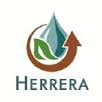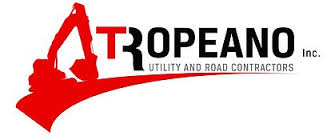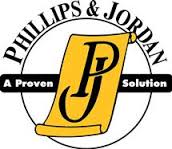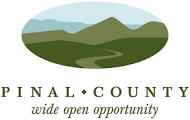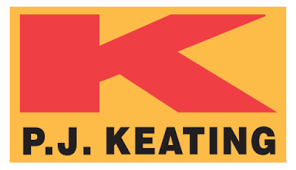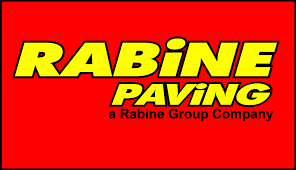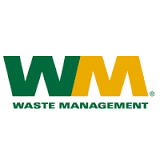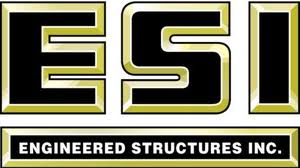Connecticut Free Program
Program Overview
Low Impact Development (LID) embodies a paradigm shift in how land is developed and how storm water is managed from that development. LID is achieved through the implementation of techniques that mimic pre-development hydrologic conditions by addressing storm water runoff at the source point versus the “end of the pipe.” The bioretention system, which reduces runoff volumes while decreasing pollutant loads found in nonpoint source flow, represents one of the most commonly applied Low Impact Development devices in green infrastructure today. This webinar will introduce the basics of bioretention systems, how they work, why they work and how they can save on project costs.
Intended Audience
Professionals seeking to expand their knowledge as it pertains to stormwater management.
Curriculum: Low Impact Development and the Basics of Bioretention Webinar
The FREE CEU webinar will discuss how Low Impact Development (LID) embodies a paradigm shift in how land is developed and how stormwater is managed from that development. LID is achieved through the implementation of techniques that mimic pre-development hydrologic conditions by addressing stormwater runoff at the source point versus the “end of the pipe.” The bioretention system, which reduces runoff volumes while decreasing pollutant loads found in nonpoint source flow, represents one of the most commonly applied Low Impact Development devices in green infrastructure today. This webinar will introduce the basics of bioretention systems, how they work, why they work and how they can save on project costs.
Presenter: Steve Trinkaus, Trinkaus Engineering
Course Demos
At the Completion of This Program You Will Receive
- 1 PDH
- Printable certificate of completion
This was an excellent course





